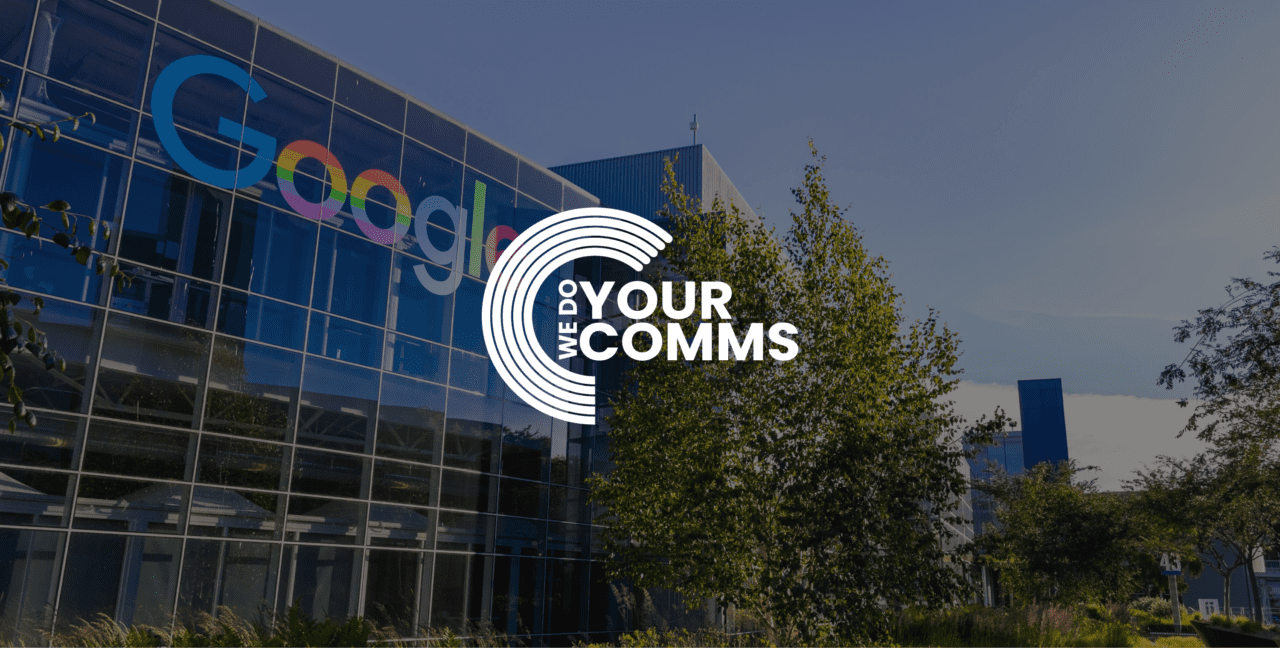
Cumbria To Trial New Starlink Broadband

As part of Project Gigabit, the UK government has announced a trial of Starlink satellite broadband in the Lake District as part of more comprehensive plans to connect highly remote areas.
What Is Starlink?
Starlink, operated by billionaire Elon Musk’s SpaceX company, uses a constellation of low-orbit satellites around the earth (launched by SpaceX rockets) to provide broadband internet. Starlink offers satellite Internet access coverage to most of the planet and is particularly useful for areas where connectivity is unreliable or completely unavailable. Starlink says that users of its satellite broadband can expect download speeds between 100 Mb/s and 200 Mb/s and latency as low as 20ms in most locations.
How Do You Get Starlink Broadband?
Starlink customers are sent a kit which includes the Wi-Fi router, cables and base that enables them to connect to their satellite broadband. Being a satellite connection, users need to have a clear view of the sky to join, and they need to download the Starlink App to determine their best install location.
Trial Of Starlink
As part of the UK government’s £5 billion Project Gigabit, launched in March 2021, the project to bring next-generation gigabit broadband to more than one million hard-to-reach homes and businesses, the £100 million trial in Cumbria aims to connect the first 60,000 customers currently in “notspots”. The trial involves a test of 3,000 low-Earth orbit satellites to help bring high-speed satellite broadband to what the government describes as “very remote places”. These are the less than one per cent of sites in the UK where it may be too expensive to build a gigabit-capable broadband network, even with a substantial public subsidy. It has been reported that Elon Musk’s Starlink satellite broadband will be part of this trial.
Locations For Starlink Trial
Although the trial will test which satellites can deliver high-speed connections to more than a dozen “very hard to reach” locations, some particular areas have been explicitly named by the UK government. The government says that as part of the trial, a 12th-century abbey in the North Yorkshire Moors National Park, a scout camping site in Snowdonia, a Lake District Mountain rescue base and other remote premises will be the first to have the equipment installed, which allows them to link up to orbiting satellites.
Up To Ten Times Faster
The government says that this satellite broadband will not only mean that “very remote places” can get a broadband link but that the (satellite) broadband is also “up to ten times faster than is currently available to them.”
Digital Secretary Michelle Donelan said of satellite broadband: “High-speed broadband beamed to earth from space could be the answer to the connectivity issues suffered by people in premises stuck in the digital slow lane.”
What Does This Mean For Your Business?
Broadband and Wi-Fi are now essential business services, and organisations would welcome any improvement in broadband speeds in the UK as soon as possible. It would help UK companies to become more competitive and boost the economy.
It has long been known, however, that there are many ‘not spots’ and rural and remote areas in the UK that are at a disadvantage because the ground-based infrastructure isn’t there and which may prove difficult, costly, and time-consuming to install broadband by cable/fibre. It would seem to make sense. Therefore, that satellite broadband (provided there’s a clear view of the sky for users) could be one way that very remote places could be quickly linked up to a connection that may be faster than many users in cities and towns enjoy. The project in Cumbria is part of a broader trial to test the reliability of satellite technology to bring high-speed connections to the most hard-to-reach parts of the UK, so it remains to be seen how it performs and what the costs and other challenges are as to whether it is rolled-out on a larger scale to other areas of the UK.


